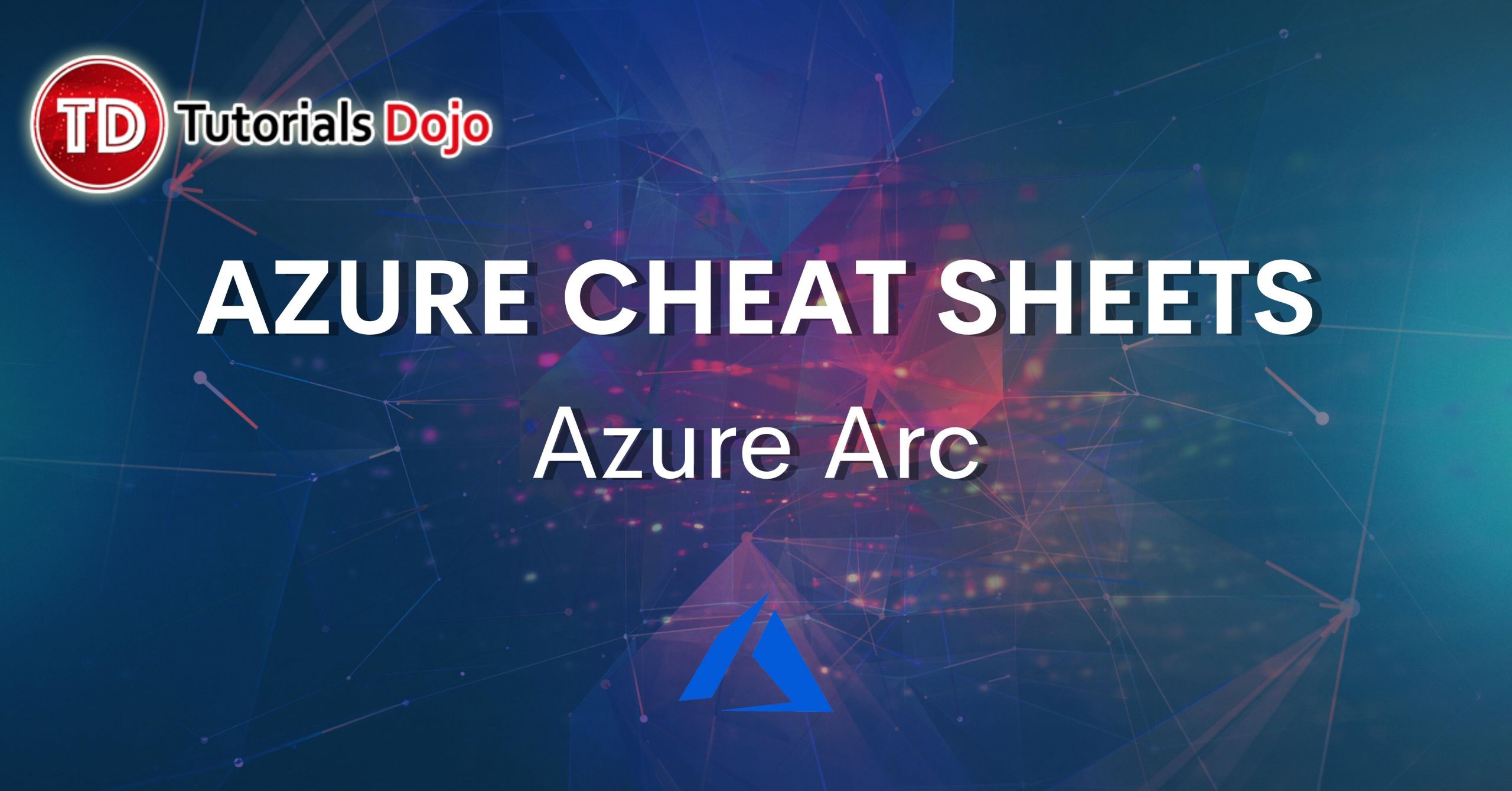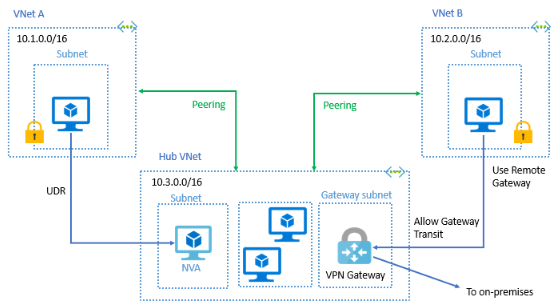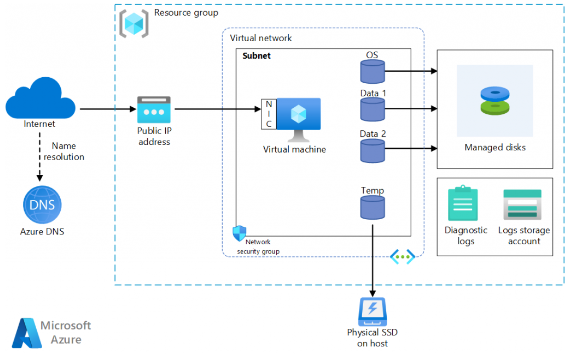How to Setup Backup and Recovery in Azure
Gerome Pagatpatan2023-05-23T03:04:20+00:00If you’re managing a cloud infrastructure, you understand that backups are created to safeguard critical data and ensure business continuity. In the event of a server failure, backups expedite the restoration of data and the prompt resumption of operations. It also allows you to revert to previous server states, which is helpful for version control and rollbacks. Additionally, backups are useful resources for testing, development, and creating replica environments. In Microsoft Azure, the dedicated service for managing the backups and recovery of your resources is Azure Backup. It provides scalability, flexibility, incremental backups, point-in-time restore, and long-term retention of your [...]










